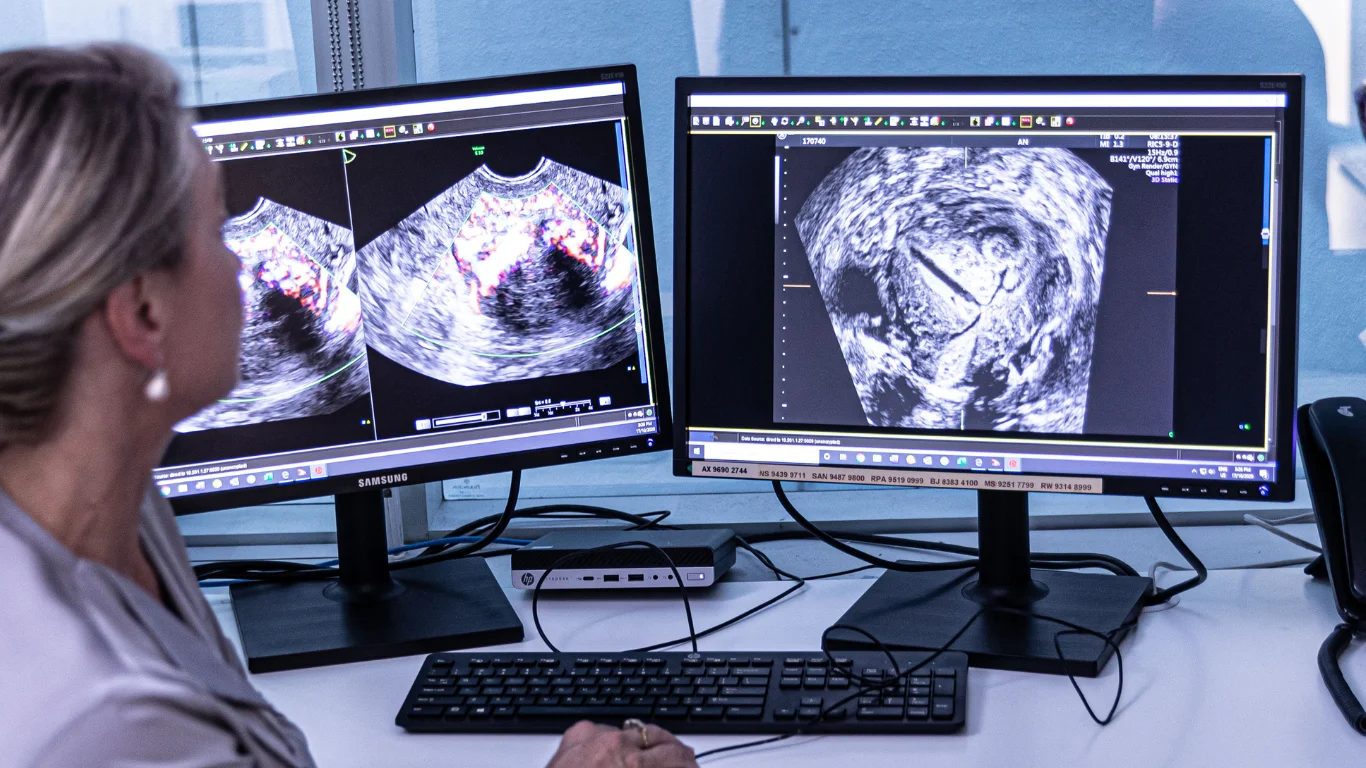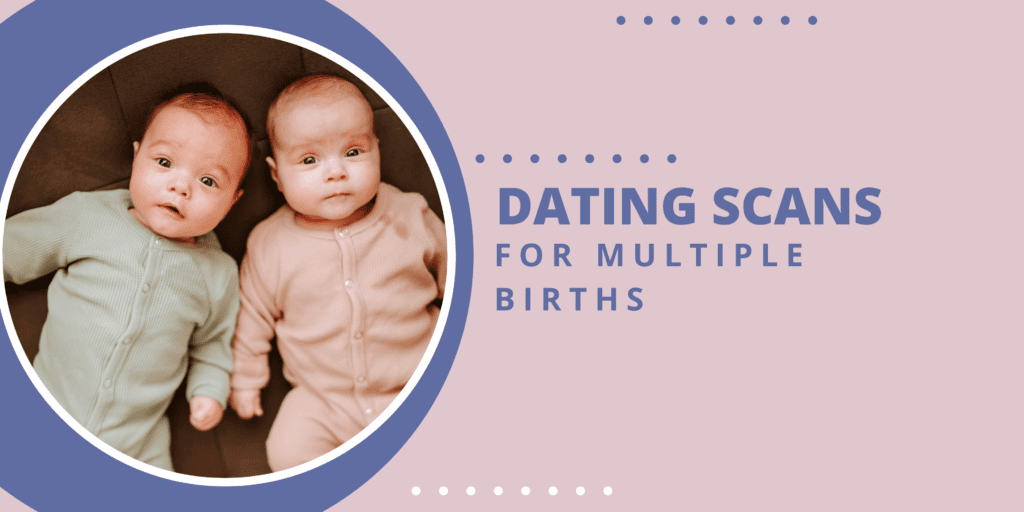Pregnancy is a journey filled with anticipation and excitement, especially when expecting multiples. Amidst the whirlwind of preparations, one crucial aspect that sets the stage for the entire journey is the dating scan. For parents of twins, triplets, or more, understanding the significance of dating scans and what they entail is paramount. Let’s delve into the intricacies of dating scans for multiple pregnancies to shed light on this crucial aspect of prenatal care.
What is a Dating Scan?
A dating scan is an ultrasound examination performed to determine the gestational age of the pregnancy. It serves as a cornerstone of prenatal care, offering vital insights into the development and well-being of each fetus. Dating scans provide essential information such as the number of fetuses and gestational sacs, the presence of a heartbeat, and the size of the fetus, aiding in estimating the gestational age accurately.
Why and When is a Dating Scan Recommended?
Dating scans are recommended for various reasons, including situations where the first day of the last period or the likely day of conception is unknown, for women with irregular menstrual cycles, or in cases of bleeding and/or pain. Additionally, dating scans are crucial for confirming the viability of the pregnancy and detecting multiple pregnancies early on. Early detection allows your doctor to monitor the progress of each fetus closely and implement appropriate interventions if necessary.
Each pregnancy sac has two membrane layers, the amnion is the layer in the inside of the sac, closest to the babies. The chorion is the outside layer. In multiple pregnancies, some of the babies may have their own amnion and chorion, other share one or two of the membrane layers. The different types influence their risks and monitoring. It is therefore crucial that the number of chorions present is determined early in pregnancy, so that a personalised plan can be developed for you and your babies.
How is a Dating Scan Conducted?
Most dating scans are performed using a trans-abdominal ultrasound, with a full bladder enhancing visualisation. In cases where the pregnancy is very early, or extra information is needed, a transvaginal approach may be utilised for better imaging. Transvaginal ultrasound is particularly effective in early pregnancy stages when the gestation sac and embryo may not be sufficiently large to visualise externally.
Accuracy of Dating Scans
Dating scans conducted during the first 12 weeks of pregnancy are generally accurate within five days, with the optimal window for accuracy being between 8 and 11 weeks gestation. Factors such as the position of the uterus, fetal size, and the skill of the sonographer influence the accuracy of the scan. The types of twins influence their risks and monitoring. It is therefore crucial that the number of chorions present is determined. This is best done by ultrasound prior to 14 weeks. This can be done at a dating scan. At Ultrasound Care, we prioritise accuracy by utilising state-of-the-art equipment and employing highly skilled sonographers.
Interpreting Dating Scan Results
Interpreting dating scan results can sometimes be confusing, especially when discrepancies arise between the estimated due date from the scan, the last menstrual period or the babies size differ. In such cases, the earlier dating scan is typically relied upon for calculating the expected date of delivery. It’s important to understand that due dates may vary based on individual factors such as the date of conception and fetal growth potential.
Preparing for the Delivery
Accurate dating scans are instrumental in preparing for the delivery of your babies. By providing reliable estimates of gestational age, dating scans assist doctors in developing a comprehensive care plan tailored to the unique needs of each pregnancy. At Ultrasound Care, we prioritise the well-being of both mother and babies by offering accurate and reliable dating scans using the latest technology and expertise.
Dating scans serve as a cornerstone of prenatal care for multiple pregnancies, offering crucial insights into the gestational age, well-being of each fetus and developing an individualised care plan for you and your family. By understanding the significance of dating scans and engaging with your doctor, parents-to-be can embark on their journey towards parenthood with confidence and assurance, eagerly anticipating the arrival of their precious little ones.






